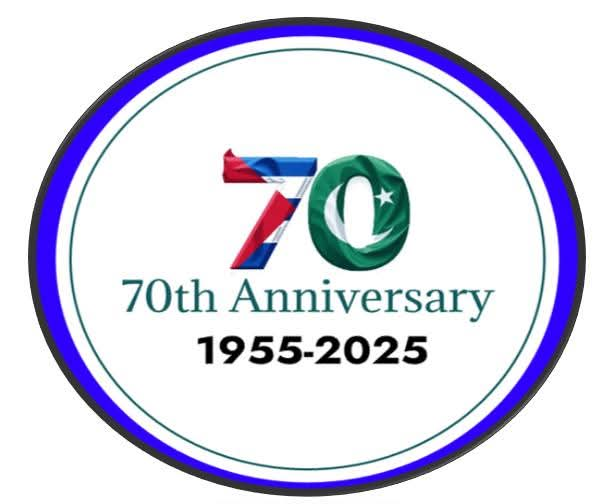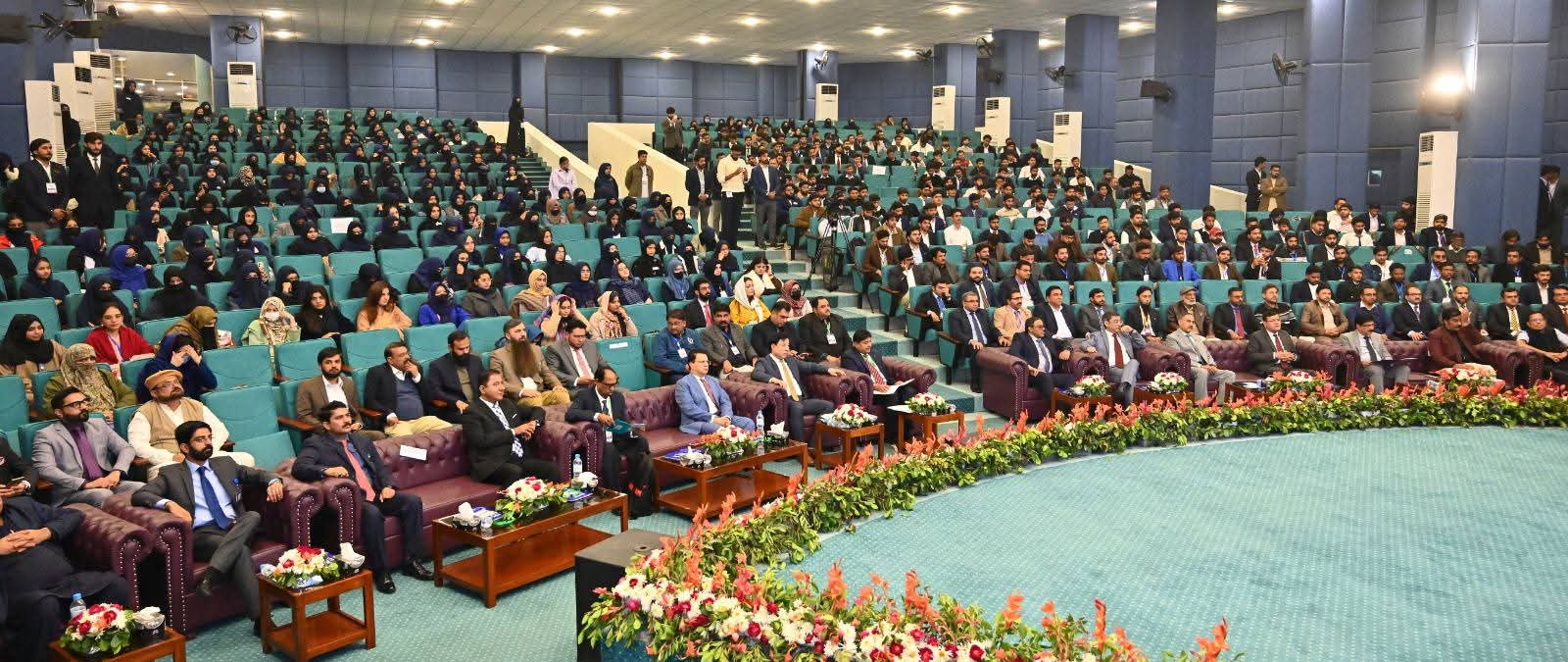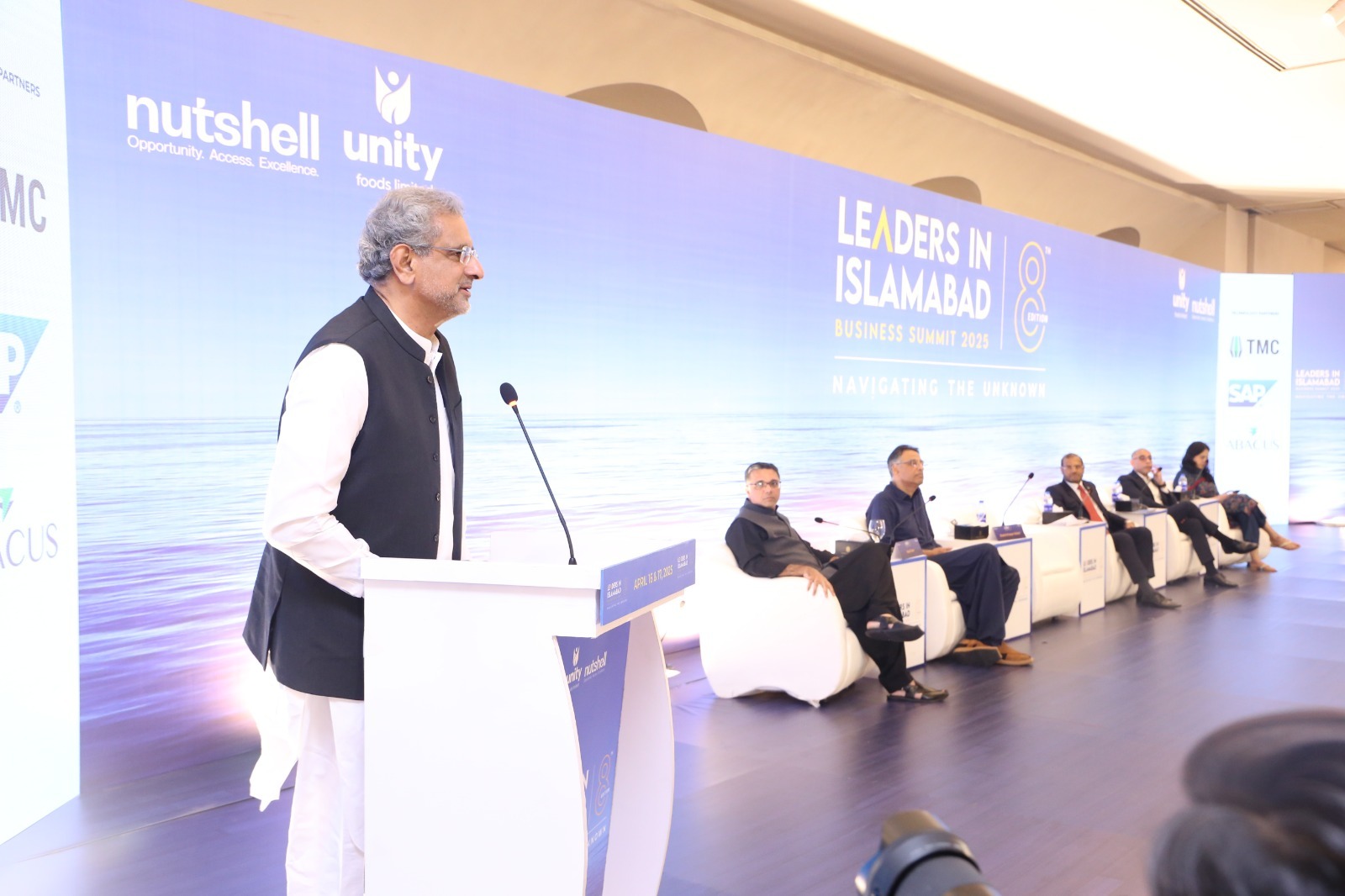Cuba and Pakistan Celebrate 70 Years of Friendship, Solidarity, and Cooperation
As we commemorate today, October 28th, the 70th anniversary of the establishment of diplomatic relations between the Republic of Cuba and the Islamic Republic of Pakistan, we are pleased to share with our friends some of the most significant moments of these seven decades:
• October 28th, 1955: Establishment of diplomatic relations through an exchange of notes at the respective representations at the United Nations headquarters in New York. Pakistan was the first country in South Asia with which Cuba established official ties. In turn, the island was the third nation in Latin America and the Caribbean to recognize the Islamic Republic.
• June 1959: Commander Ernesto “Che” Guevara, then president of the National Bank of Cuba, visited Karachi, where he met with President Mohammed Ayub Khan and other senior officials. It was the first high-level official Cuban visit to Pakistan and a symbol of revolutionary Cuba’s interest in Asia and the Third World.
• June 1963: Cuba became the second country in Latin America and the Caribbean to open an embassy in Pakistan. The first Cuban diplomatic headquarters was inaugurated in Karachi.
• September 3rd, 1979: President Zia Ul Haq travels to Havana, leading his country’s delegation to the Sixth Summit of the Non-Aligned Movement. He is received by Commander-in-Chief Fidel Castro, with whom he holds official talks. It was the first high-level official visit by a Pakistani head of state to Cuba and Latin America.
• October 14th, 2005: Following a personal call from President Pervez Musharraf to Commander-in-Chief Fidel Castro, Cuba sends the first group of doctors from the Henry Reeve contingent to assist the victims of the October 8th earthquake. Over a period of seven months, our country deployed more than 2,400 doctors and paramedical personnel, set up 32 field hospitals and two aid camps, carried out dozens of transport flights, and sent hundreds of tons of medicines and medical equipment. During that period, our aid workers treated more than 1.7 million patients, performed 14,506 surgical operations, many of them complex, and more than 166,000 people received specialized rehabilitation services. The last group of the brigade returned to Cuba on May 25th, 2006.
• July 17th, 2006: Cuba officially reopens its embassy in Islamabad after a fifteen-year hiatus following the closure of its last diplomatic mission in 1991.
• September 14th-17th, 2006: President Pervez Musharraf leads the Pakistani delegation to the 14th Summit of the Non-Aligned Movement in Havana. During his official visit, he was received by Army General Raúl Castro Ruz and presided over the ceremony to award medals to a representation of Cuban doctors who participated in providing assistance to Pakistan after the earthquake of October 8th, 2005.
• February 2007: The first young Pakistanis arrive in Cuba as part of the program to award 1,000 scholarships to study medicine at the Latin American School of Medicine (ELAM), conceived and promoted by Commander-in-Chief Fidel Castro. From that date until 2017, 965 new Pakistani doctors graduated from Cuban classrooms. Educational cooperation has continued to the present day.
• March 2007: Pakistan opens its first embassy in Havana.
• March 23th, 2008: The government of Pakistan posthumously awards its highest honor, the Nisham-e-Pakistan, to Commander-in-Chief Fidel Castro for his contribution to the development of bilateral relations and in recognition of Cuba’s solidarity and assistance after the October 2005 earthquake.
• July 29th, 2015: First graduation of Pakistani doctors in Cuba as part of the program of 1,000 scholarships offered by the island’s government in 2006.
• December 23rd, 2015: In an official statement, the Pakistani Ministry of Foreign Affairs announces that Pakistan will donate 15,000 tons of rice to the Cuban people to mark the 60th anniversary of the establishment of diplomatic relations between the two countries and as a contribution to help repair the damage caused to the island by various natural disasters.
• June 2nd, 2022: Pakistan officially announced the delivery of a donation of mechanical ventilators, medicines, and personal protective equipment to the Cuban health system as a gesture of cooperation during the COVID-19 pandemic.




